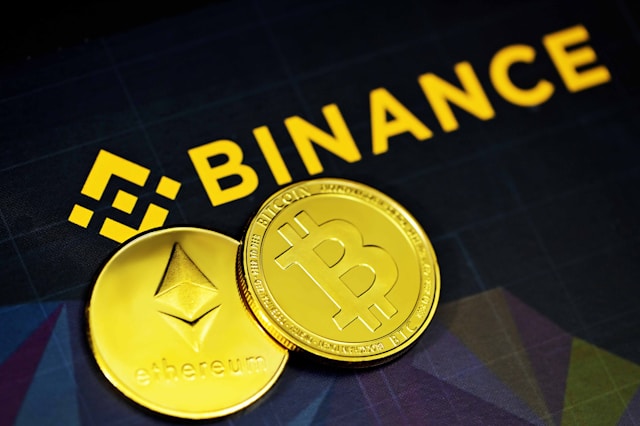Alright folks, let’s dive into iBNB Finance. I’ve been digging into this ecosystem lately, and honestly? There’s a lot to unpack. It’s not just another DeFi project; it’s trying to build something a bit different, and I wanted to break it down for you all. From my perspective, understanding the nuts and bolts of projects like this is crucial if you’re thinking about getting involved.
Understanding the iBNB Finance Ecosystem
So, what exactly IS iBNB Finance? In a nutshell, it’s a DeFi ecosystem built on the BNB Chain (formerly Binance Smart Chain). It aims to offer a range of services, including staking, yield farming, and, potentially, governance features. But before we get too deep, remember folks, this isn’t investment advice; just my take on the project.
Tokenomics: The Heart of iBNB
Tokenomics, as you probably know, is just a fancy word for “token economics”. It’s all about how the token works, how it’s distributed, and what incentives are in place. For iBNB Finance, understanding the tokenomics is key to grasping the whole picture. This involves things like the total supply of iBNB tokens, how they’re distributed (initial distribution, ongoing rewards, etc.), and any mechanisms like token burning that might affect the supply over time. I find that a well-designed tokenomic model is vital for the long-term sustainability of any DeFi project. A good tokenomics model includes token utility, and any in-built incentive mechanisms.
Staking and Yield Farming: Earning Rewards
One of the core components of iBNB Finance is its staking and yield farming mechanisms. Staking, as you probably know, involves locking up your iBNB tokens to support the network (or a specific pool) and earning rewards in return. Think of it like putting money in a high-yield savings account, but with crypto. Yield farming takes it a step further. You provide liquidity to a trading pair (like iBNB/BNB) and earn rewards based on the trading activity within that pool. The returns can be pretty enticing, but remember, higher returns often come with higher risks, including impermanent loss, so be careful!
Yield farming enables participants to lock their digital assets into smart contracts, earning substantial returns through various mechanisms. Investors can generate passive income by staking or providing liquidity in yield farming pools, often achieving returns that far exceed those of traditional investments.
Governance: Shaping the Future
Many DeFi projects, including iBNB Finance, are moving towards decentralized governance. This means that token holders get a say in the future direction of the project. Usually, this happens through token-based voting. If you hold iBNB tokens, you might be able to vote on proposals related to protocol upgrades, changes to the tokenomics, or the addition of new features. The degree of the community involvement is pretty cool, and very important.
We discuss governance mechanisms through token-based voting, various tokenomic strategies such as token burning, minting, and staking, and risk management and the system.
The User Experience and Value Proposition
Let’s talk about why someone might actually use iBNB Finance. From what I’ve seen, the primary value proposition revolves around earning passive income through staking and yield farming. You can earn returns that far exceed those. The platform aims to provide a user-friendly interface that makes it easy to participate in these activities. The hope is that it can provide a more accessible alternative to traditional financial systems. But let’s be real here, DeFi isn’t exactly known for being beginner-friendly, so iBNB Finance needs to nail the user experience to attract a wider audience.
Potential and Risks: A Balanced View
Now, for the million-dollar question: what’s the potential for long-term growth? Like any DeFi project, iBNB Finance faces both opportunities and challenges. On the one hand, it’s part of the rapidly growing DeFi space, and if it can deliver on its promises of high yields and a user-friendly experience, it could attract a significant user base. On the other hand, the DeFi space is incredibly competitive, and iBNB Finance needs to differentiate itself from the crowd. And of course, there are the inherent risks of DeFi, including smart contract vulnerabilities, rug pulls, and regulatory uncertainty. It’s a wild west out there, folks!
In this article, we analyze the medium-term direction of tokennomics based on past case studies and current mainstream models of DeFi and Web3.
Ultimately, whether iBNB Finance succeeds will depend on a number of factors, including the strength of its technology, the effectiveness of its marketing, and the overall health of the DeFi ecosystem. I’ll be keeping a close eye on this project, and I encourage you to do your own research before getting involved. Remember, it’s your money, so do your homework!





